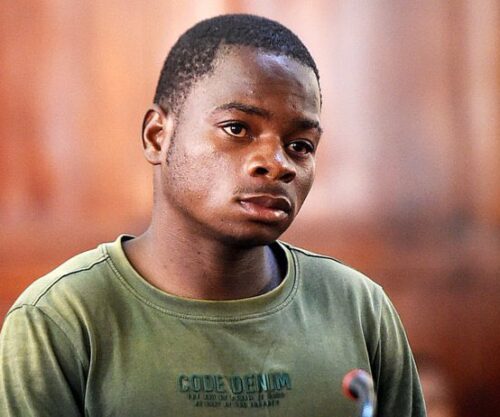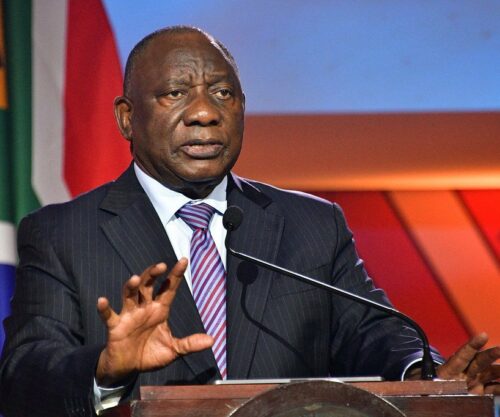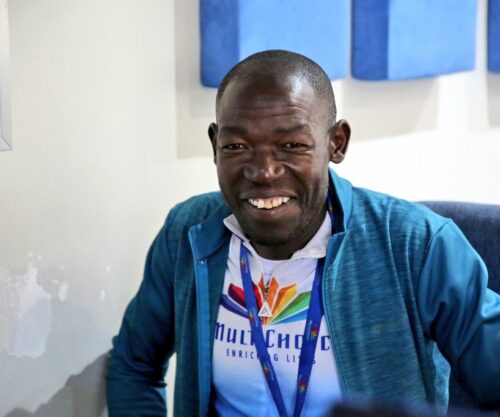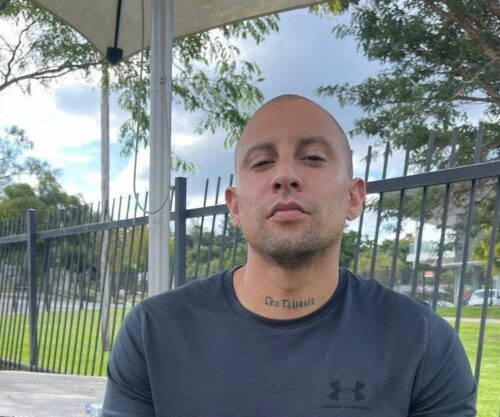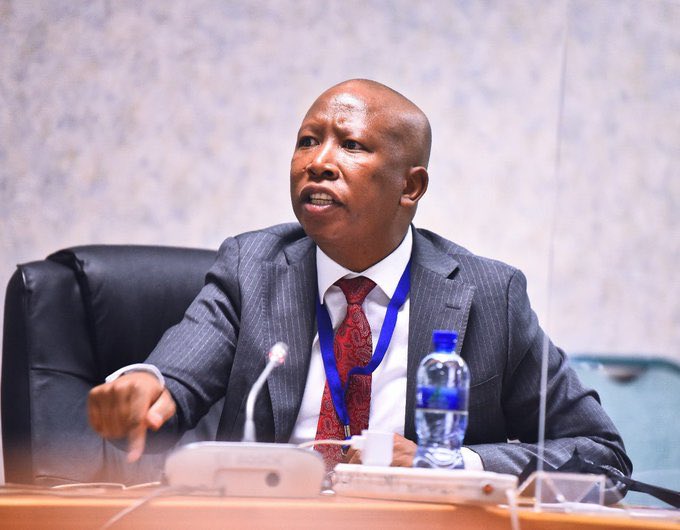
Malema Flags Risk to Ad Hoc Committee’s Effectiveness
EFF leader Julius Malema has raised serious concerns about the capacity of Parliament’s Ad Hoc Committee tasked with investigating allegations of corruption and criminal infiltration in the South African Police Service (SAPS) and Justice system. In a letter to Parliamentary Speaker Thoko Didiza, Malema warned that the committee is severely under-resourced, putting the integrity of its work at risk.
The committee, which is probing claims made by KwaZulu-Natal Police Commissioner Lieutenant-General Nhlanhla Mkhwanazi, is reportedly struggling to keep up with the complexity of the investigation. Malema highlighted that the evidence leader is supported by only two junior staff members, leaving them overstretched as they navigate extensive documentation, witness consultations, and session management.
“This level of under-resourcing now threatens the integrity of the committee’s work,” Malema said, emphasizing the need for specialized administrative, legal, research, and forensic support.
Gaps in Evidence Management
According to Malema, the committee is already encountering major challenges due to inadequate support. He cited poorly drafted witness statements, missing or incomplete documentation, and inaccuracies that a fully capacitated team would have addressed.
“The volume, sensitivity, and complexity of the documentation before the committee require far greater support than is currently provided,” he noted.
With allegations implicating high-profile figures, including suspended Police Minister Senzo Mchunu, suspended Deputy Minister Shadrack Sibiya, Maj-Gen. Lesetja Senona, crime expert Calvin Rafadi, and the suspended EMPD acting head Julius Mkhwanazi—the stakes are high.
Urgent Call for Resources
Malema urged Speaker Didiza’s office to treat the issue as urgent, pointing out that Members of Parliament are investing significant time, travel, and public funds to participate in this crucial inquiry.
“Yet the administrative support provided falls below the minimum standard required for a credible parliamentary enquiry,” he stated.
The lack of resources, he argued, could compromise the committee’s ability to manage sensitive evidence, properly cross-examine witnesses, and uphold public confidence in the process.
Spotlight on High-Profile Testimonies
This week, the committee is set to hear testimony from Vusimuzi “Cat” Matlala, the controversial remand detainee and alleged criminal syndicate affiliate, at the Kgosi Mampuru Correctional Facility in Pretoria. Matlala’s appearance underscores the complexity and high-profile nature of the hearings, which will require meticulous oversight to ensure proceedings are credible and secure.
Public Reaction and Broader Implications
The revelation of an under-resourced committee has sparked discussion online, with some South Africans questioning how such a critical inquiry into corruption and criminal infiltration can be conducted without proper administrative and forensic support. Analysts suggest that unless Parliament acts quickly to strengthen the committee’s capacity, key evidence and testimonies may be mishandled, further eroding trust in oversight mechanisms.
Malema’s warning shines a light on the urgent need for institutional support to maintain credibility in South Africa’s fight against corruption, a reminder that even robust investigative mandates can falter without adequate resources.
Source: IOL
Featured Image: X{@VITO_G_Wagon}

